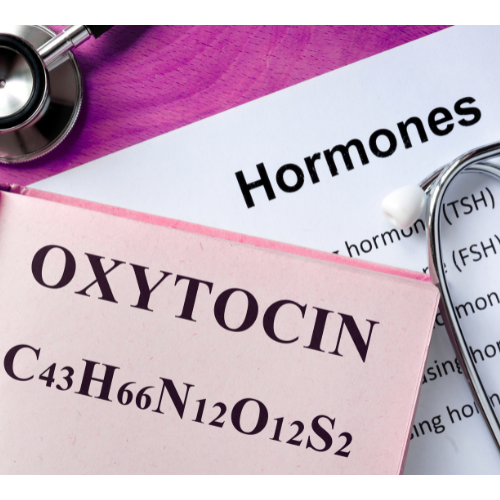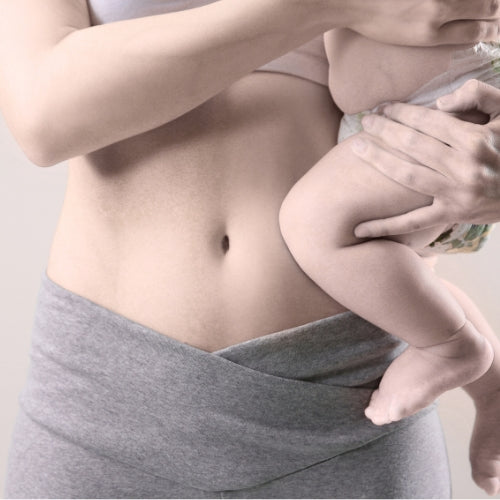Sexual desire and arousal in women is a topic that intrigues many and is often surrounded by myths and misconceptions. Understanding how female arousal works is key to fostering healthy and satisfying sexual relationships. In this article, we will delve into the factors influencing female sexual desire and arousal, how women get aroused, and how to enhance these experiences.
What is Female Sexual Arousal?
Female sexual arousal involves a combination of physical and psychological processes that prepare the body for sexual activity. It includes increased blood flow to the genitals, lubrication, and a heightened sense of pleasure. But it’s not just a physical response; the mind plays an equally significant role in arousal.
Physical Signs of Arousal
When a woman is aroused, her body undergoes various changes. These include:
- Increased Heart Rate: The heart beats faster, pumping more blood to the body.
- Vaginal Lubrication: The vagina produces lubrication to make intercourse more comfortable.
- Swelling of Genital Tissues: The labia and clitoris swell due to increased blood flow.
- Heightened Sensitivity: The skin and erogenous zones become more sensitive to touch.
Psychological Aspects of Arousal
Arousal is not just about physical changes; the mind plays a critical role. Thoughts, fantasies, and emotions can significantly impact a woman's level of arousal. This psychological component makes female arousal a complex and individualized experience.
Factors Influencing Female Arousal
Understanding what triggers female arousal can help partners foster more satisfying sexual experiences. Several factors can influence a woman's desire and arousal:
Emotional Connection
A strong emotional bond with a partner can enhance arousal. Feeling loved, respected, and valued can make a woman more receptive to sexual advances.
Stress and Mental Health
Stress, anxiety, and depression can negatively affect sexual desire. Women who manage stress and maintain good mental health often experience higher levels of arousal.
Hormonal Changes
Hormones play a significant role in sexual desire. Changes in hormone levels, such as during the menstrual cycle, pregnancy, or menopause, can affect arousal.
Environment
The setting can influence arousal. A comfortable, private, and intimate environment can enhance the mood and make arousal more likely.
Physical Health
Good physical health, including regular exercise and a balanced diet, can boost energy levels and improve sexual desire.








